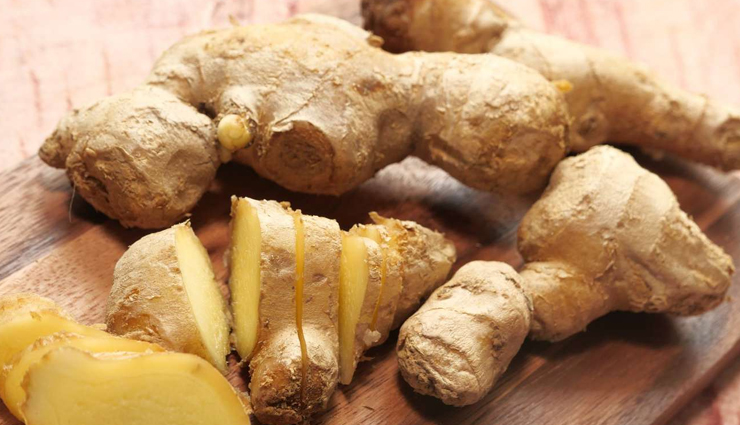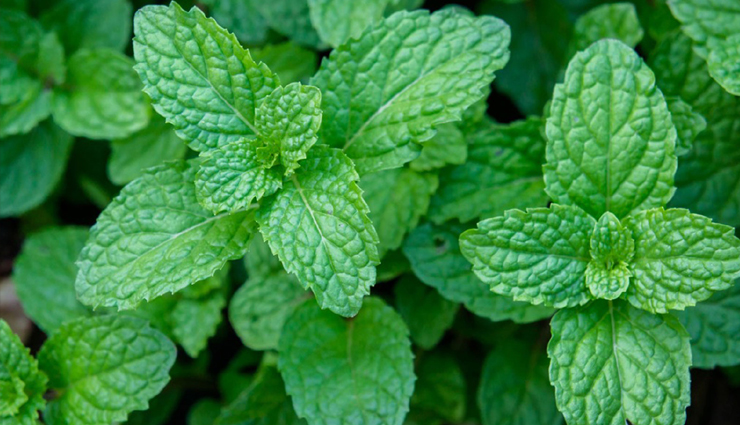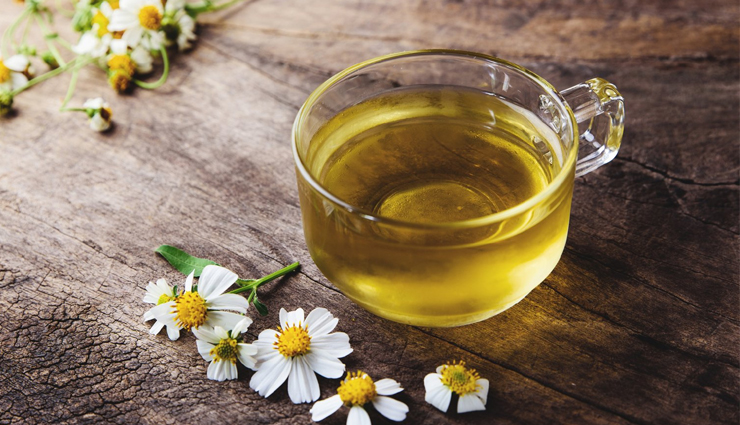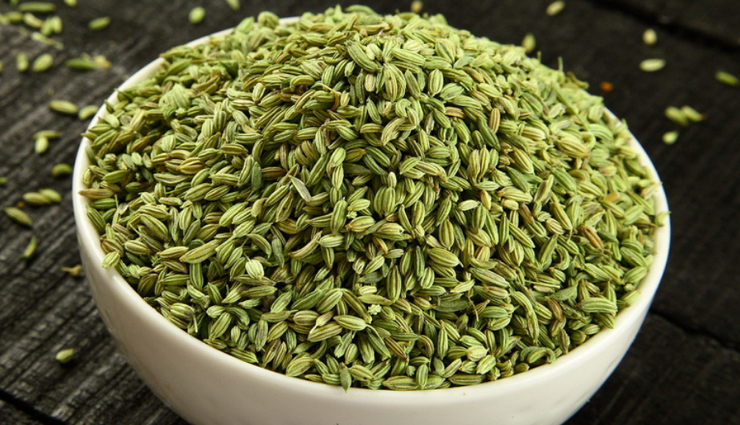- Home›
- Healthy Living›
- 6 Effective Remedies To Treat Indigestion
6 Effective Remedies To Treat Indigestion
By: Priyanka Maheshwari Tue, 16 July 2024 2:42:58

Indigestion, also known as dyspepsia, is a common issue that many people experience. It often feels like discomfort or pain in the upper abdomen and can come with bloating, nausea, and belching.
There are many reasons you might get indigestion. Eating too quickly, having high-fat or spicy foods, smoking, drinking alcohol, stress, and certain medications can all play a role. Sometimes, indigestion can be a sign of other problems, like gastroesophageal reflux disease (GERD) or peptic ulcers.
Symptoms can range from mild to severe and vary from person to person. You might feel a burning sensation in your stomach, feel overly full after eating, or have difficulty swallowing. In some cases, indigestion can also lead to vomiting and diarrhea.
Thankfully, there are many ways to manage and prevent indigestion. Eating smaller, more frequent meals, avoiding foods that trigger your symptoms, quitting smoking, and reducing stress can all help. Over-the-counter antacids and other medications can also provide relief.
If you find yourself dealing with frequent or severe indigestion, it's important to talk to your healthcare provider. They can help figure out what's causing it and come up with a treatment plan. Sometimes, this might involve further tests or seeing a specialist to get to the root of the problem.

# Ginger
Ginger is a popular and natural remedy used for indigestion and other digestive issues. It has been used for centuries in traditional medicine to treat various ailments related to the digestive system. Ginger contains compounds like gingerols and shogaols, which have anti-inflammatory and antioxidant properties that can help soothe the digestive tract and relieve symptoms of indigestion such as bloating, gas, and nausea.
Ginger can be consumed in many different forms, such as fresh ginger root, ginger tea, ginger supplements, or ginger ale. It is often used in cooking and baking as a flavorful spice and can also be added to smoothies or juices for an extra digestive boost.
While ginger is generally safe for most people, it may interact with certain medications and cause side effects in some individuals. It's always best to consult with a healthcare provider before using ginger as a treatment for any medical condition.

# Peppermint
Peppermint is a popular herb that has been used for centuries to alleviate various digestive issues, including indigestion, bloating, and gas. Peppermint contains menthol, which has a relaxing effect on the muscles of the digestive tract, helping to relieve cramps and spasms that can cause discomfort and pain.
Peppermint can be consumed in different forms, such as peppermint tea, capsules, or essential oil. Peppermint tea is a popular and easy-to-find option that can be purchased at most grocery stores or health food stores. Peppermint capsules are also available, which can be taken orally for targeted relief. Peppermint essential oil can be used topically, but it's important to dilute it first to avoid skin irritation.
While peppermint is generally considered safe, it can cause side effects in some people, such as heartburn or allergic reactions. It's important to speak with a healthcare provider before using peppermint as a treatment for any medical condition, especially if you are pregnant, breastfeeding, or have any medical conditions that may interact with the herb.

# Chamomile
Chamomile is a herb that is commonly used as a natural remedy for digestive issues. It has been used for centuries in traditional medicine to treat a variety of ailments, including digestive disorders such as bloating, gas, and stomach cramps. Chamomile contains several active compounds that have anti-inflammatory and calming effects on the digestive system, helping to soothe and relax the muscles of the gut.
Chamomile can be consumed in different forms, including chamomile tea, capsules, or essential oil. Chamomile tea is a popular option that is widely available and can be easily brewed at home using dried chamomile flowers. Chamomile capsules and essential oil can also be found at health food stores or online.
While chamomile is generally considered safe, it may cause side effects in some people, such as allergic reactions or interactions with certain medications. It's important to speak with a healthcare provider before using chamomile as a treatment for any medical condition, especially if you are pregnant, breastfeeding, or have any medical conditions that may interact with the herb.

# Fennel seeds
Fennel seeds are a natural remedy that have been used for centuries to help alleviate digestive issues such as indigestion, bloating, and gas. Fennel seeds are a rich source of essential oils and other compounds that have carminative and antispasmodic properties, which help to relax the muscles of the digestive tract and reduce inflammation in the gut.
Fennel seeds can be consumed in several different forms, including raw seeds, fennel tea, or supplements. Fennel tea is a popular option that can be made by steeping fennel seeds in hot water for several minutes. Fennel supplements are also available, which can be taken orally for targeted relief.
While fennel seeds are generally considered safe, they may cause side effects in some people, such as allergic reactions or interactions with certain medications. It's important to speak with a healthcare provider before using fennel seeds as a treatment for any medical condition, especially if you are pregnant, breastfeeding, or have any medical conditions that may interact with the herb.

# Probiotics
Probiotics are live microorganisms that are beneficial to the health of the human digestive system. They are commonly referred to as "good bacteria" and can be found naturally in certain foods, such as yogurt, kefir, and sauerkraut, or in supplement form. Probiotics work by balancing the microflora in the gut, which can help improve digestion, boost the immune system, and reduce inflammation.
Probiotics have been studied extensively for their effectiveness in treating digestive issues such as irritable bowel syndrome (IBS), diarrhea, constipation, and inflammatory bowel disease (IBD). They can be taken orally as a supplement or added to the diet through the consumption of probiotic-rich foods.

# Apple cider vinegar
Apple cider vinegar (ACV) is a natural remedy that has been used for centuries to alleviate digestive issues such as bloating, gas, and acid reflux. ACV is made from crushed apples and contains acetic acid, which is believed to have antimicrobial and anti-inflammatory properties that can help improve digestion.
ACV can be consumed in different forms, such as diluted in water, added to salad dressings, or taken as a supplement. It's important to dilute ACV before consuming it, as undiluted ACV can be harmful to tooth enamel and irritate the throat and stomach lining.





